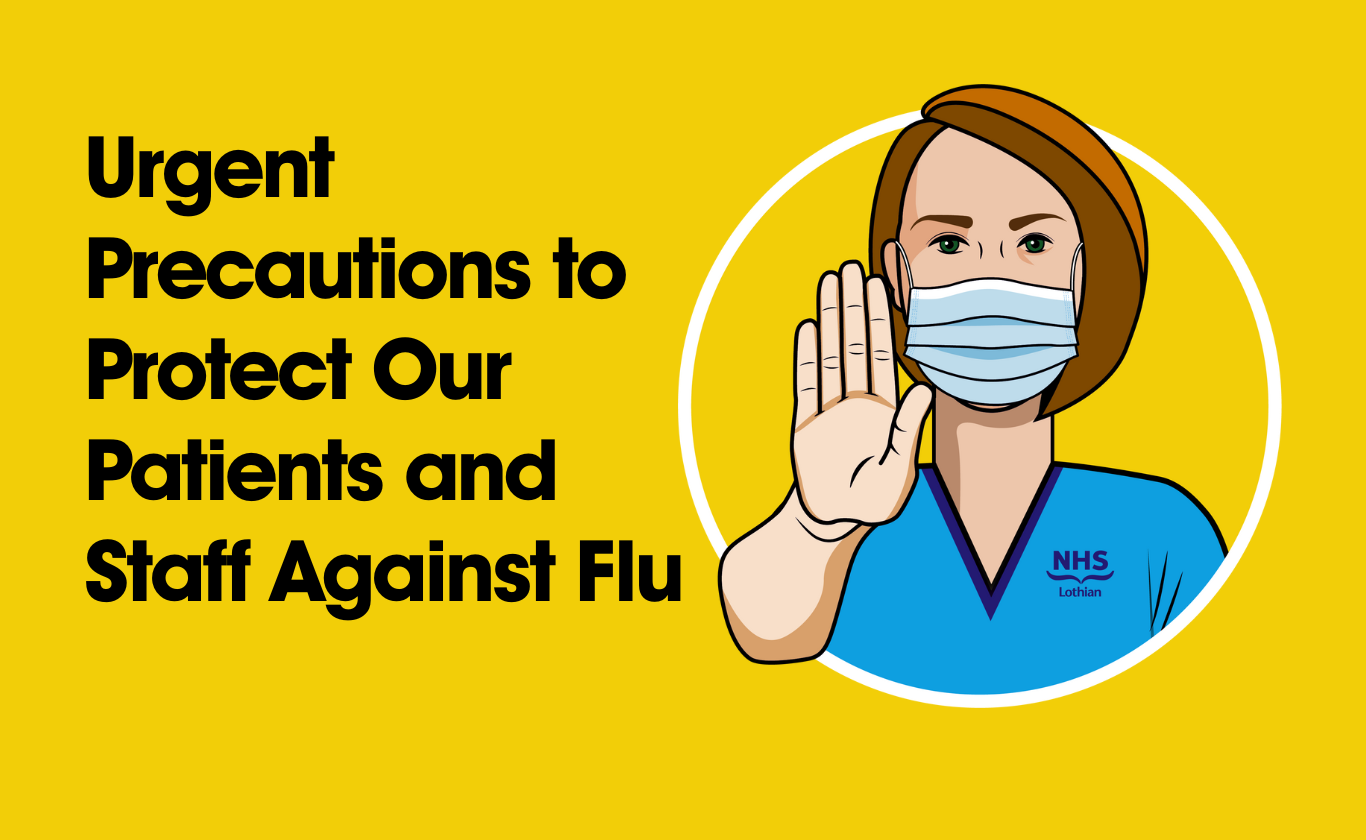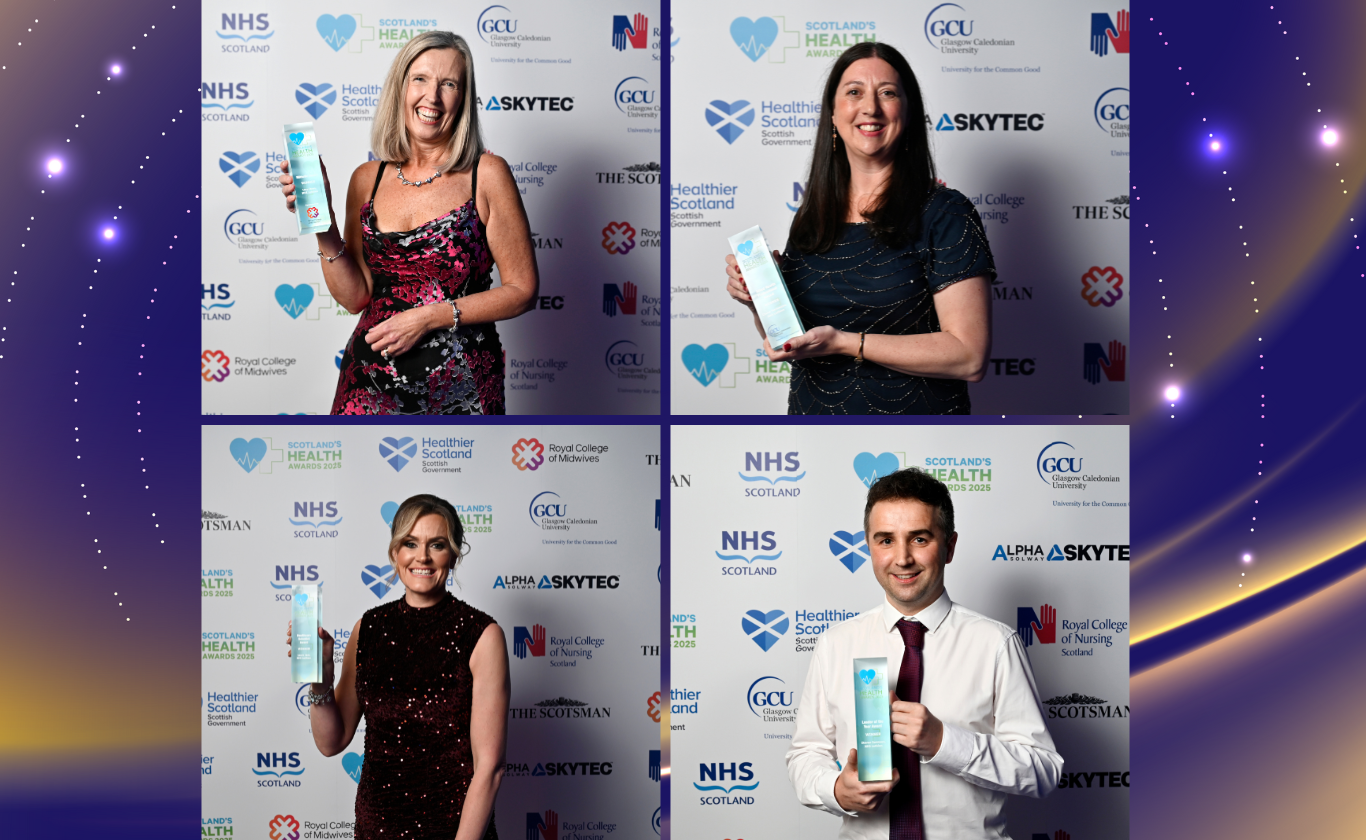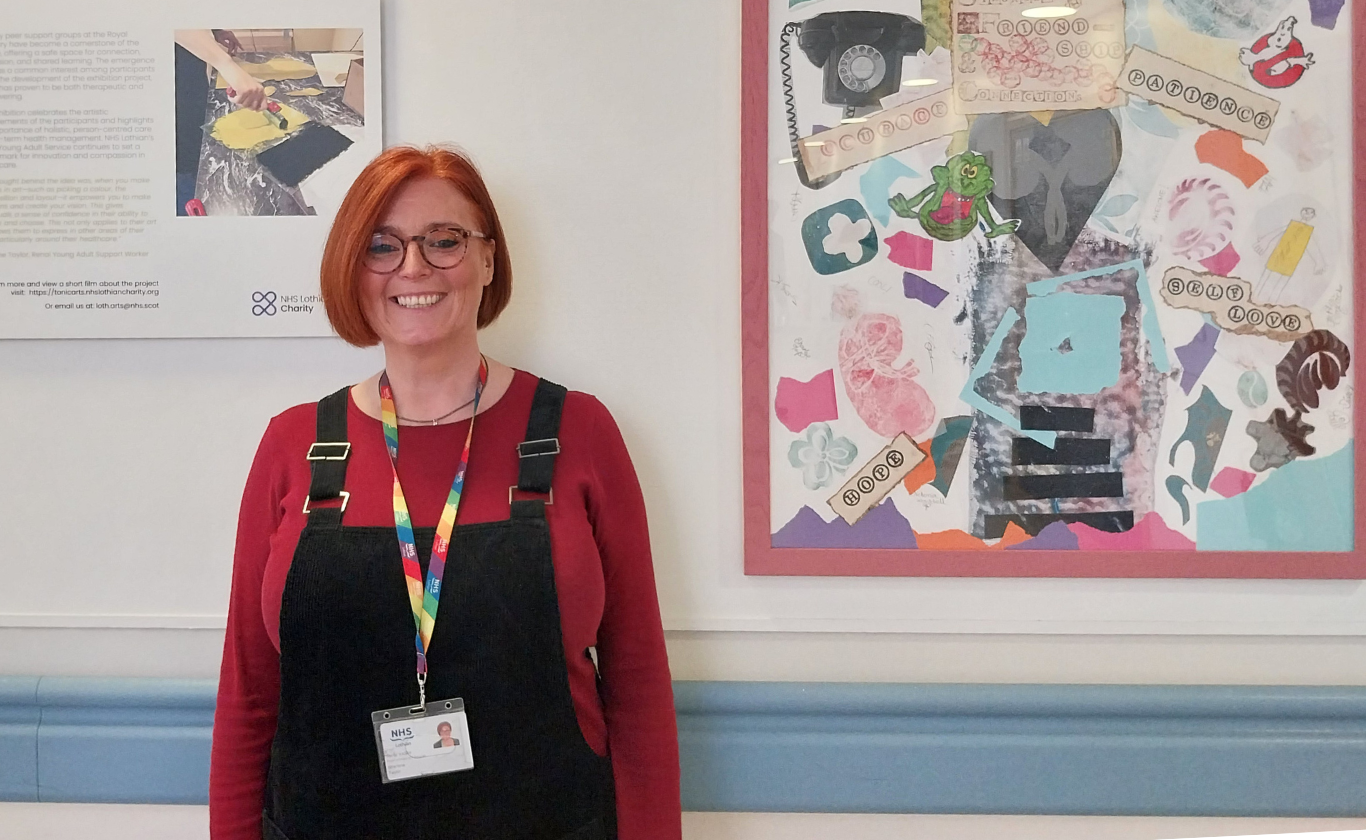Kelly Given is the recently appointed neurodiversity co-chair of the Disabled Employee Network, alongside Margaret Callander. She works in Equality, Diversity and Inclusion in the COVID-19 and Flu Vaccination Programme. For Autism Acceptance Month, which runs throughout April, Kelly shared her thoughts and experiences on neurodiversity, autism and supporting colleagues.
What led to the creation of the neurodiversity co-chair position?
Margaret had noticed I was named on the Disability Power 100 List and got in touch, after chatting we identified the need for neurodivergent representation within the network. We put the idea to the network, they agreed and that was that!
What is the difference between neurodiversity and neurodivergence, and where does autism fit in?
Neurodiversity is one of the most commonly misused terms and refers to the natural variation that occurs amongst human brains. Neurodivergence refers to an individual who has a cognitive variation that is less typical. Autism is a neurodivergence alongside (but not limited to) ADHD, dyslexia, dyscalculia and dyspraxia. Being neurotypical means you do not have a neurodivergence. I was diagnosed autistic, ADHD and dyspraxic at the age of 23 after a decade of profound difficulty and five different misdiagnoses.
April is Autism Acceptance Month. What do you think is the most important thing for neurotypical people to know about autistic people?
That we are multi-faceted, talented, worthy human beings and we deserve space in the workplace. The unemployment rate in our community varies between 80-90%, that is not a coincidence and it’s certainly not because we have nothing to offer. For those of us who are lucky enough to be employed, every day can be an uphill battle. We have just a 50% chance of being supported in that workplace and are far less likely to be promoted. We need drastic change and that’s what the DEN aims to do; promote and support change to ensure we have an inclusive and equitable workplace.
Can you talk about a time where you were accepted as an autistic person, and how that felt?
When I started at NHS Lothian. I came here on the back of a really unpleasant experience at work. My confidence was on the floor, my anxieties were very high, and I almost didn’t turn up on my first day because I didn’t think I could cope with another knock professionally. I felt that if this went badly, I’d have to give up on my dreams and resign myself to the box that society was desperate to put me in. On my first day, my line manager took me in to a room and she said, ‘what can I do to help you? Anything you need, please just ask.’ That moment will stay with me probably forever, because it was the first time any manager had ever approached my differences with kindness, but it also foreshadowed the following 16 months (to now!) at NHS Lothian. I integrated into a team where I was not only accepted fully as I was but encouraged to thrive. This one experience has equipped me with everything I need for the rest of my career because even if I am treated badly again down the road, and I feel I inevitably will be, I now know what a healthy and positive working environment looks like for me and that it’s absolutely possible. I’ve rebuilt my confidence and learned how I fit into the workplace and for that reason I have a renewed sense of hope and ambition – no one will ever be able to take that from me again.
What changes do you hope to see in the future, whether structural or individual, for autistic people’s experiences?
I want to see workplaces radically overhauled in terms of neurodivergent inclusion, especially in terms of work spaces, manager training and HR processes. The minute I step out of my front door to go to work, I enter survival mode. My work handbag is a tangible autism insurance policy, it’s packed with earplugs, earphones, spare earphones, medicines, fidget toys and every available coping mechanism under the sun that will prepare me for every eventuality because I know for a fact that I’m going to be exposed to sensory distress. Even if I do go into the office, I have to wear earphones or sit in a quiet space and can’t join in. It can feel incredibly lonely. Neurodivergent inclusion is possible, and not implementing it is an active choice. I would love for all neurotypical people to respect our voices and recognise that we can advocate for ourselves. Autistic people are best qualified to know what we need after our years of lived experience – nothing about us without us.























